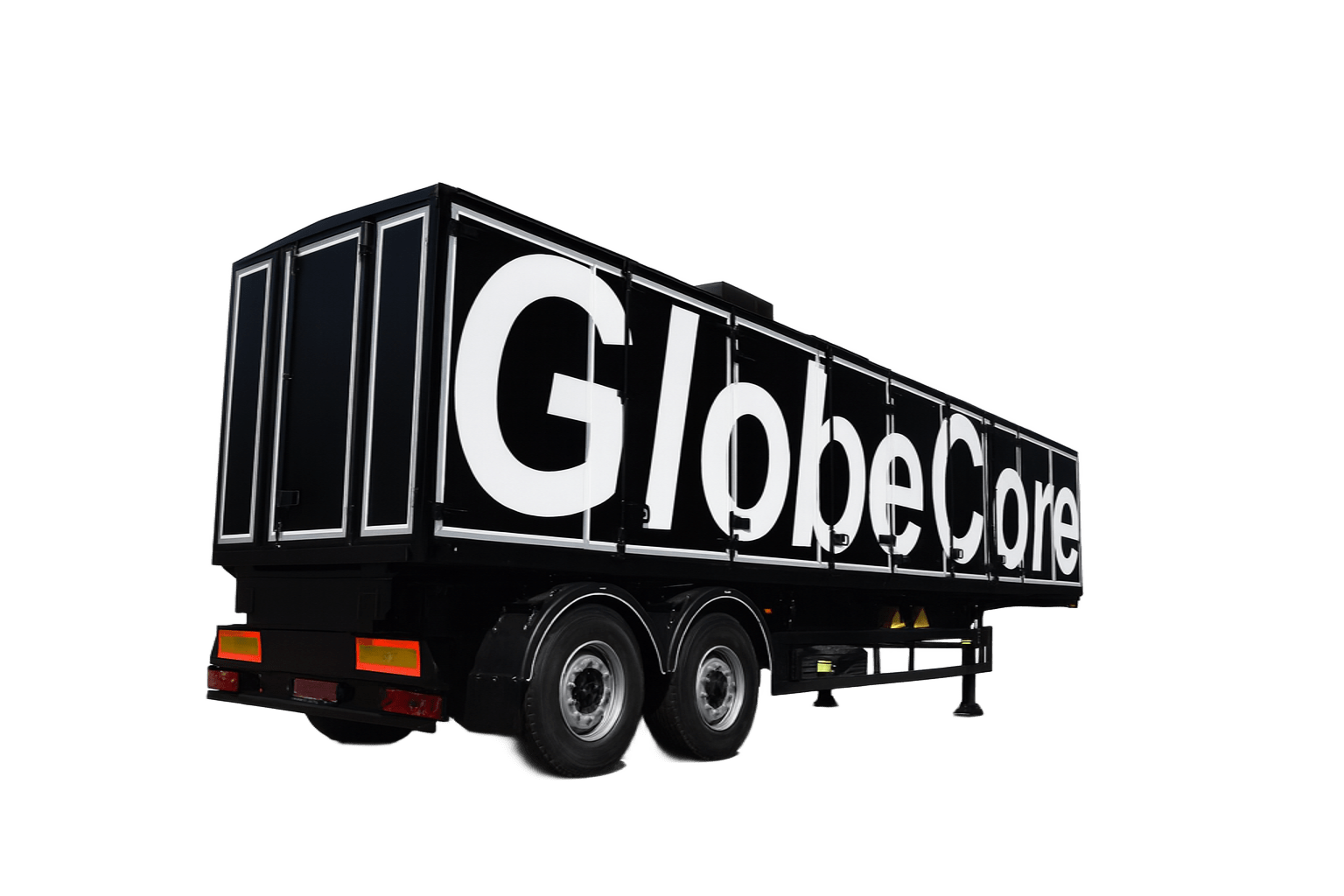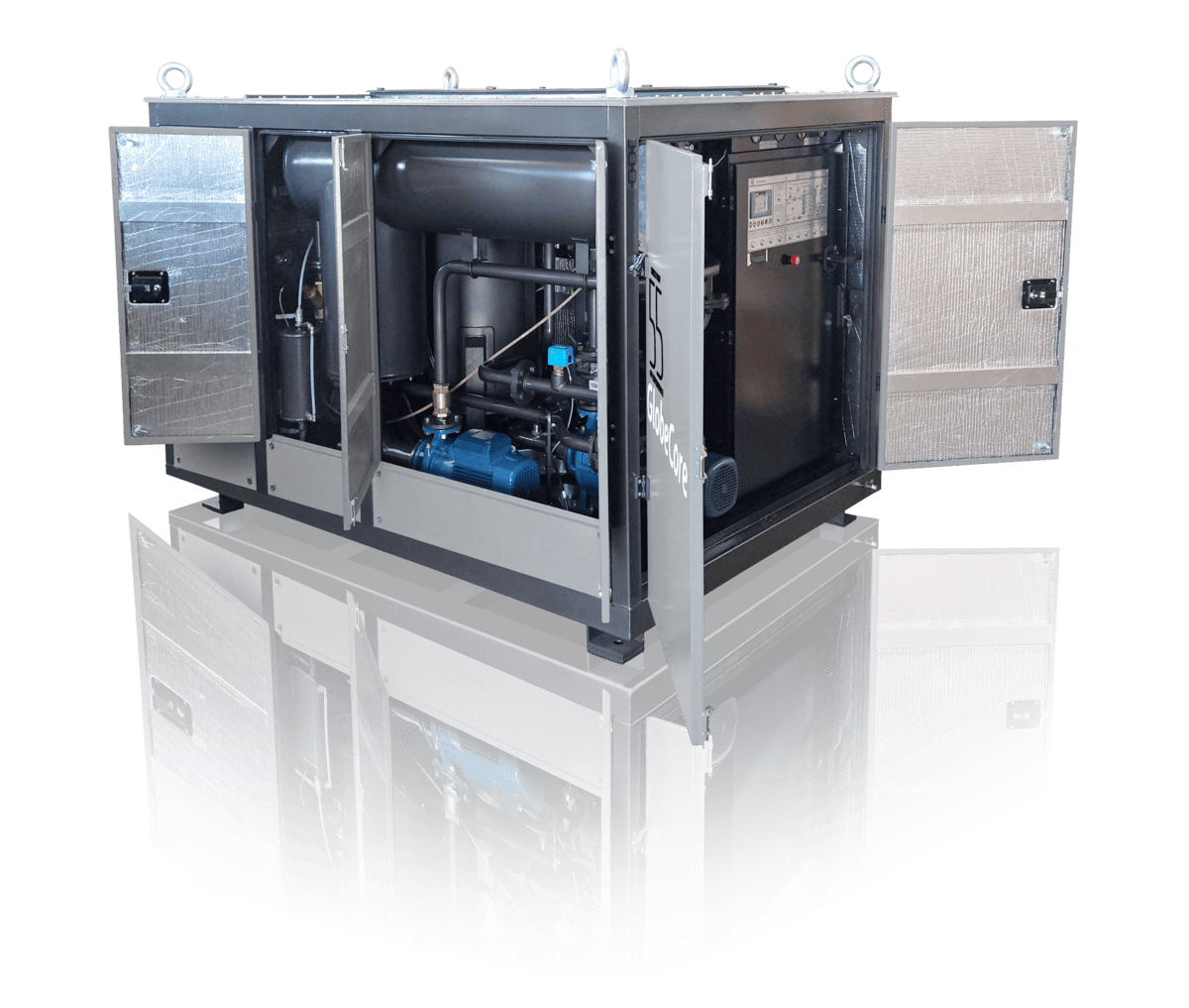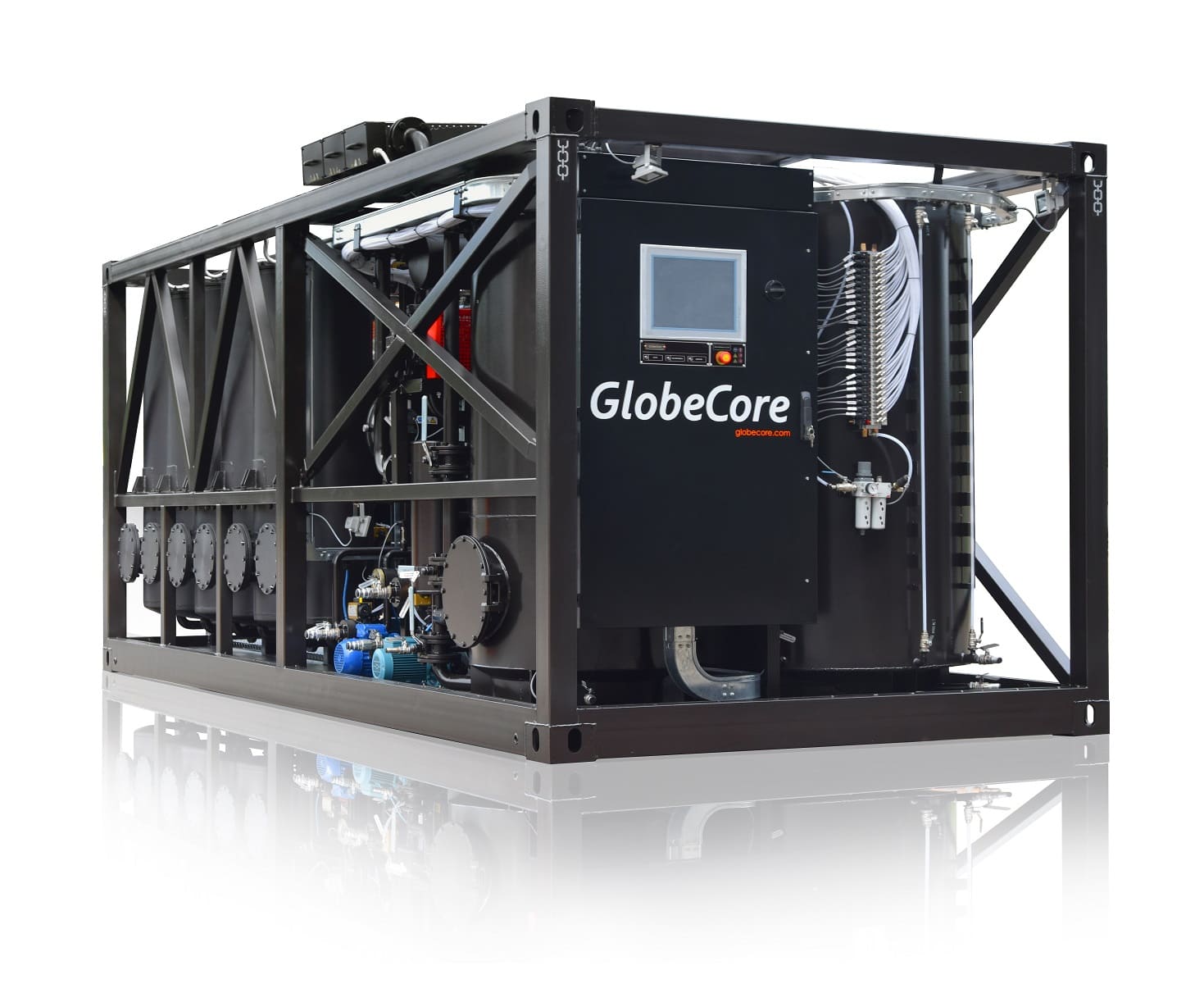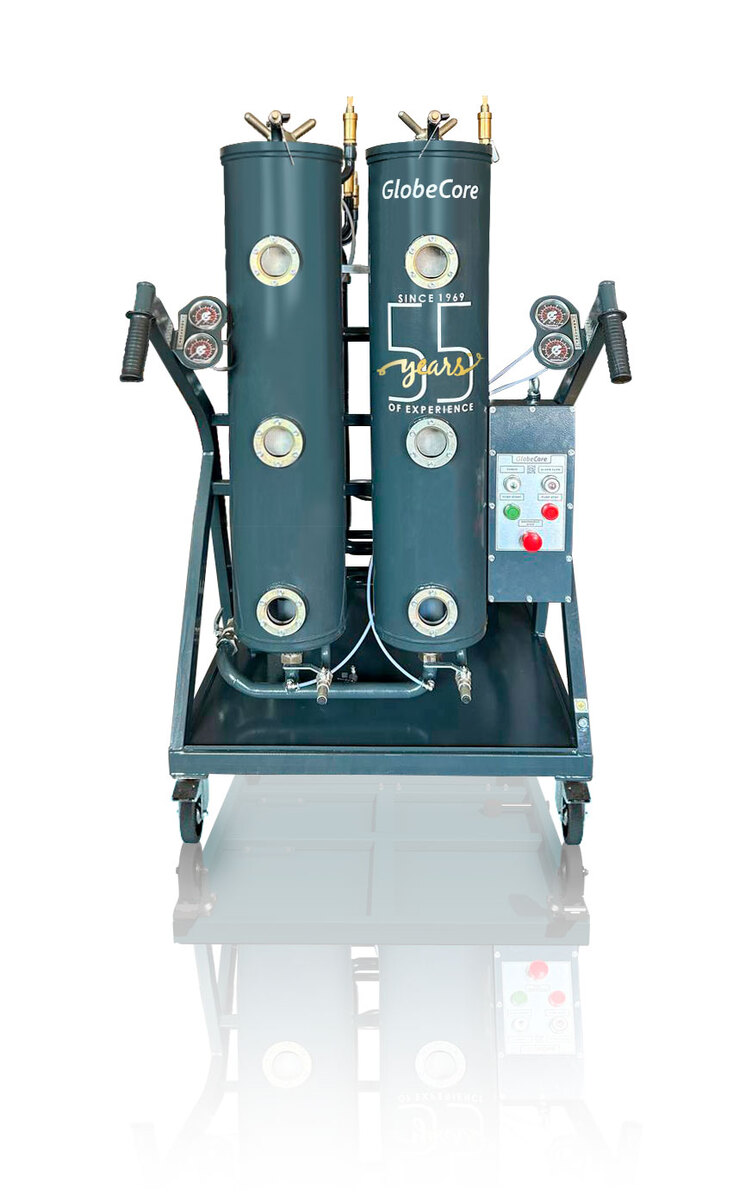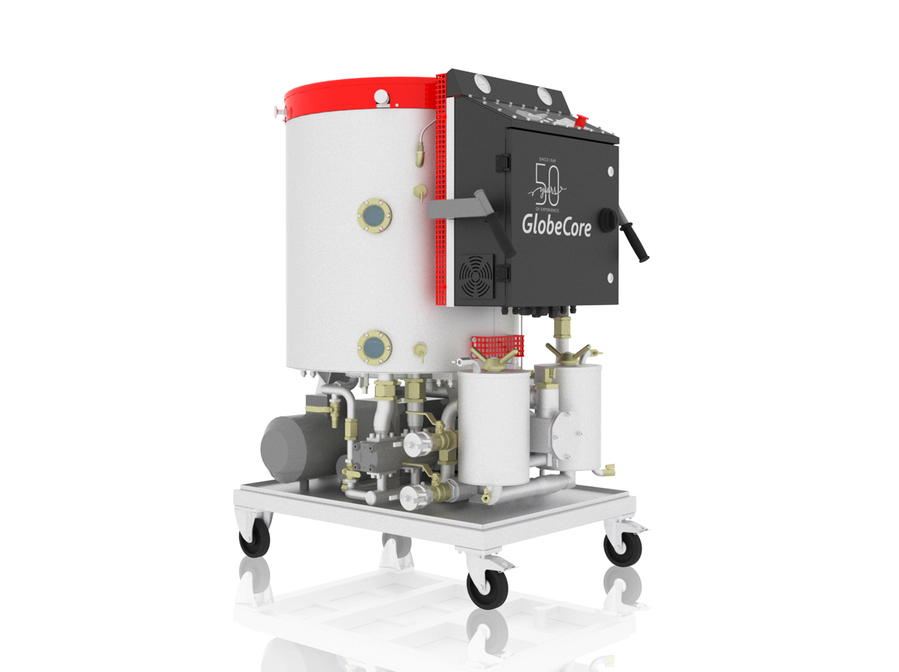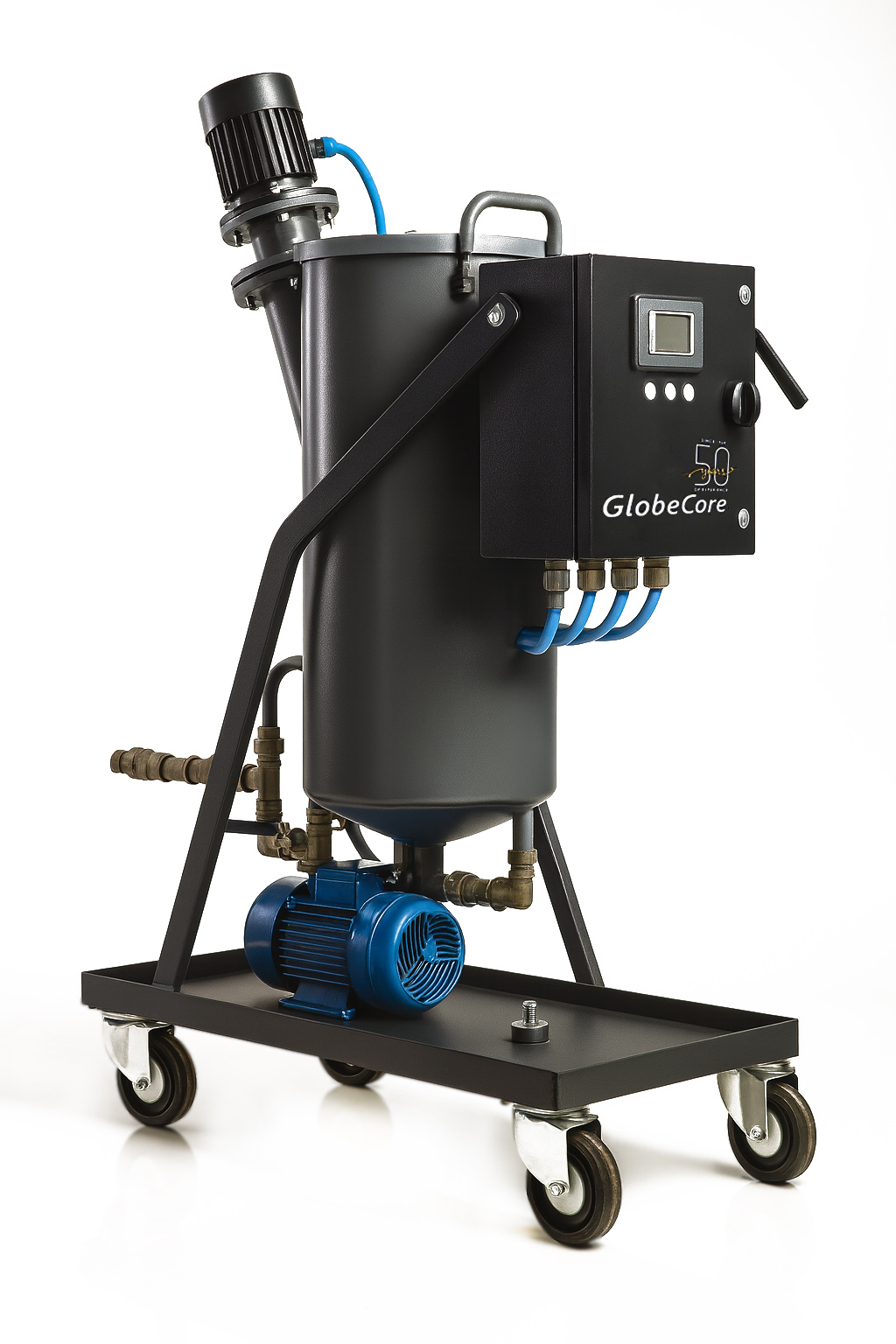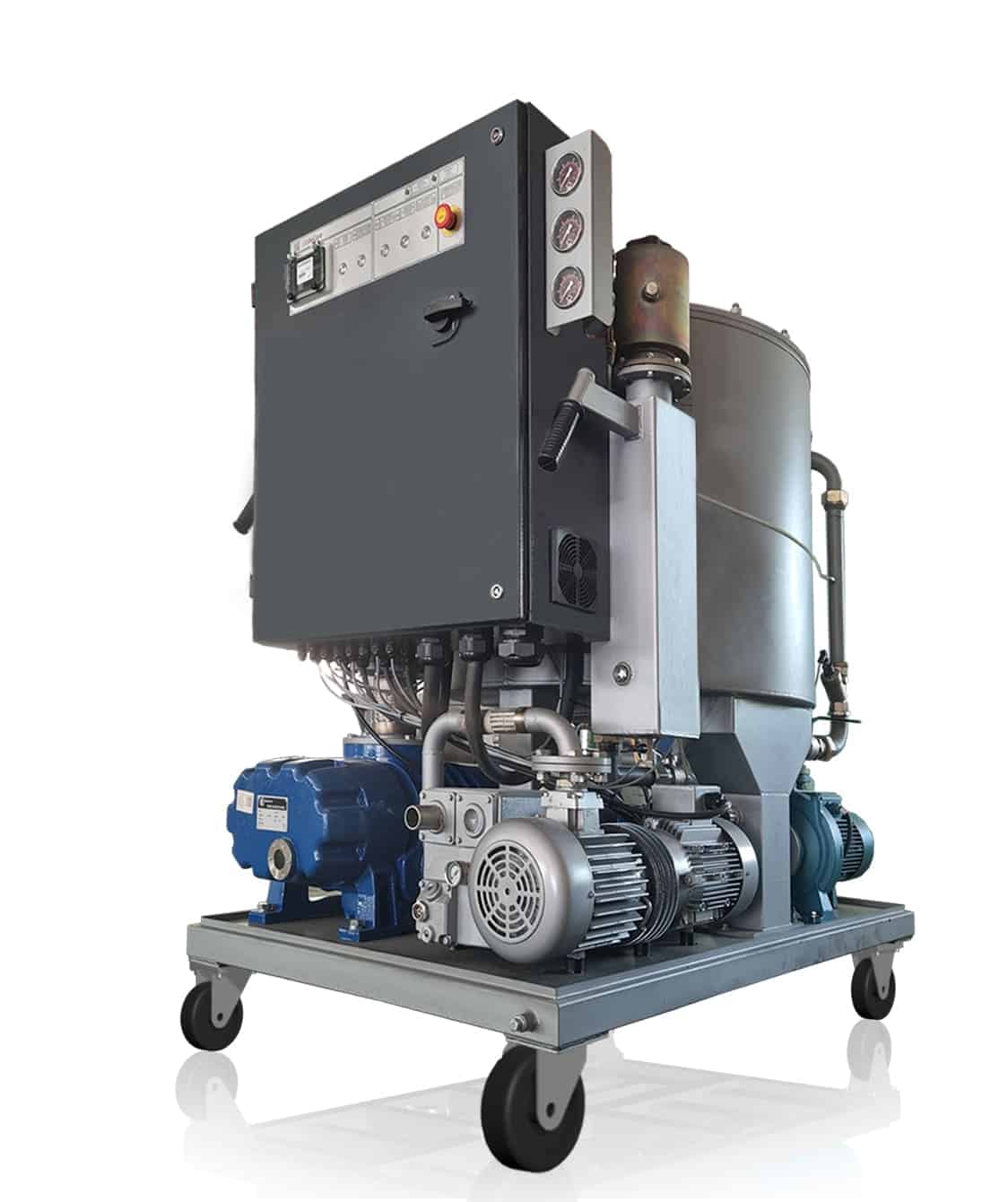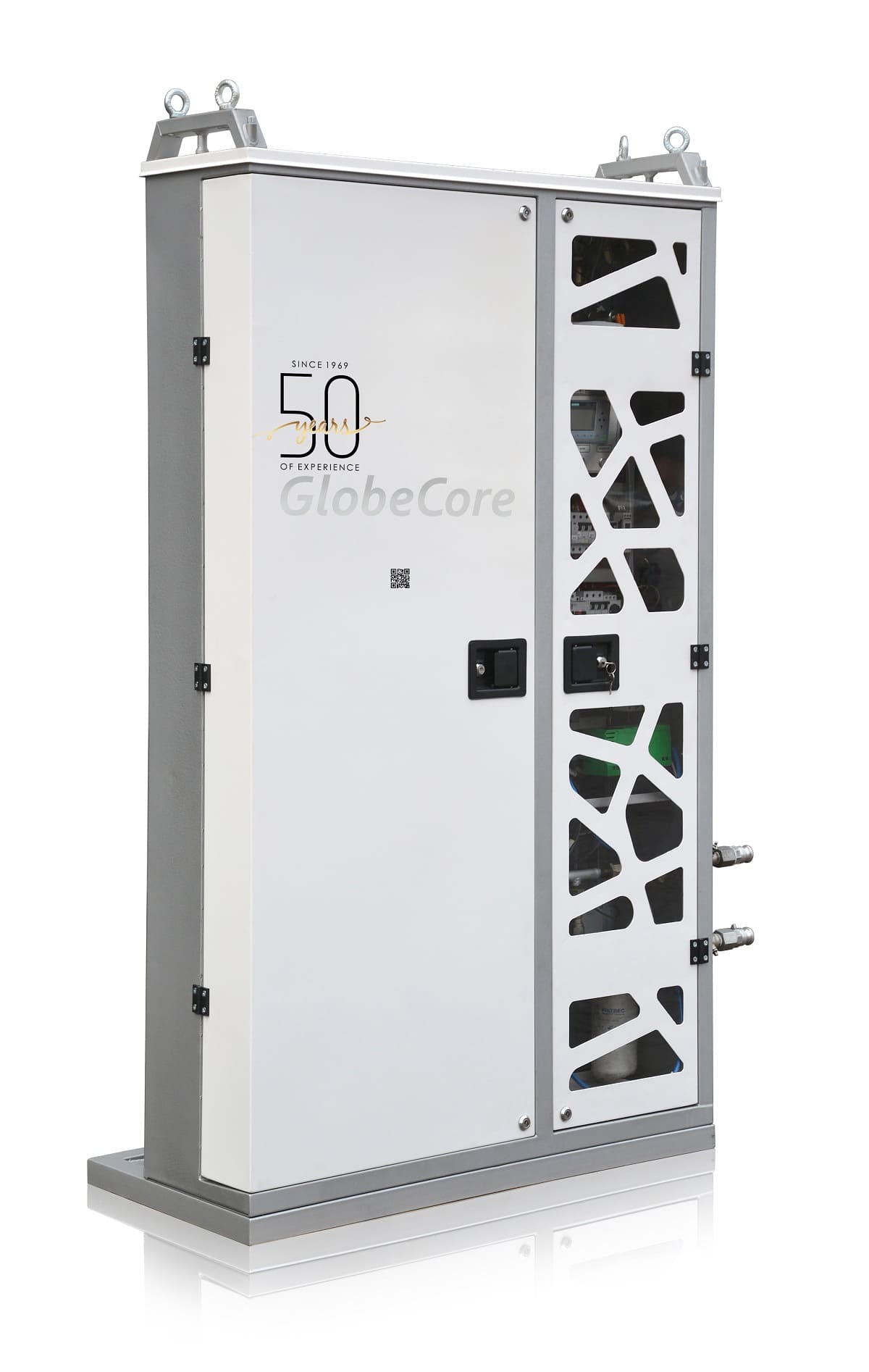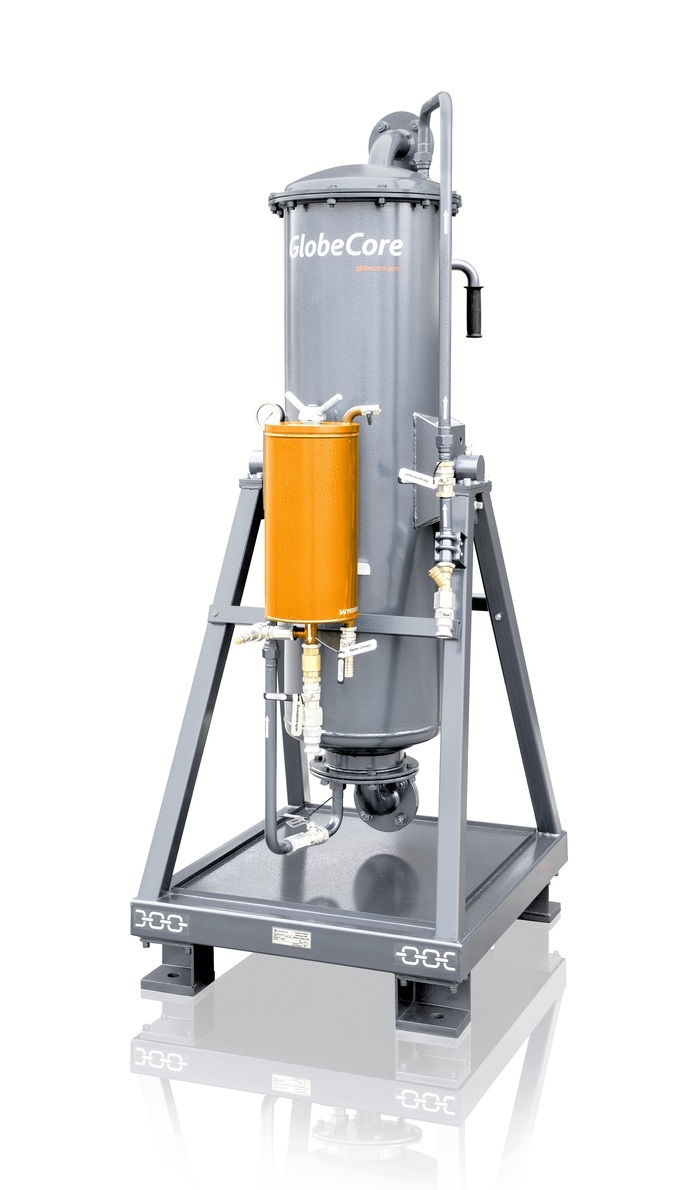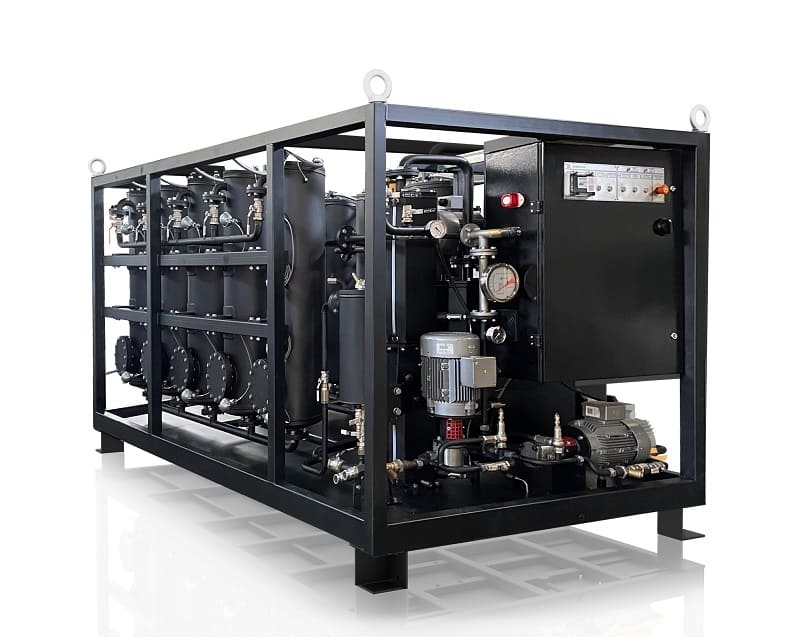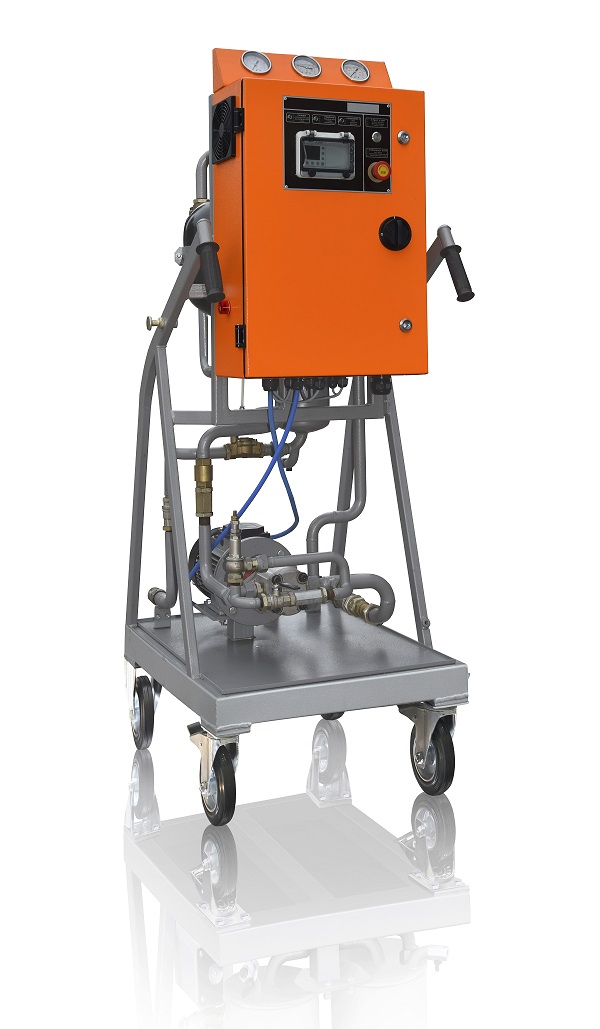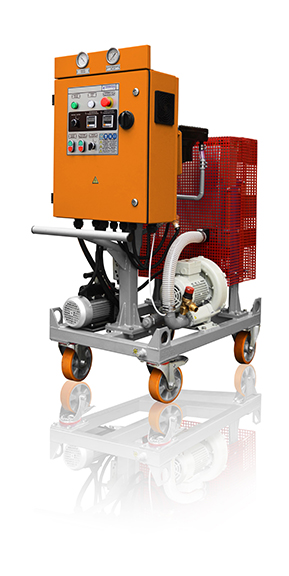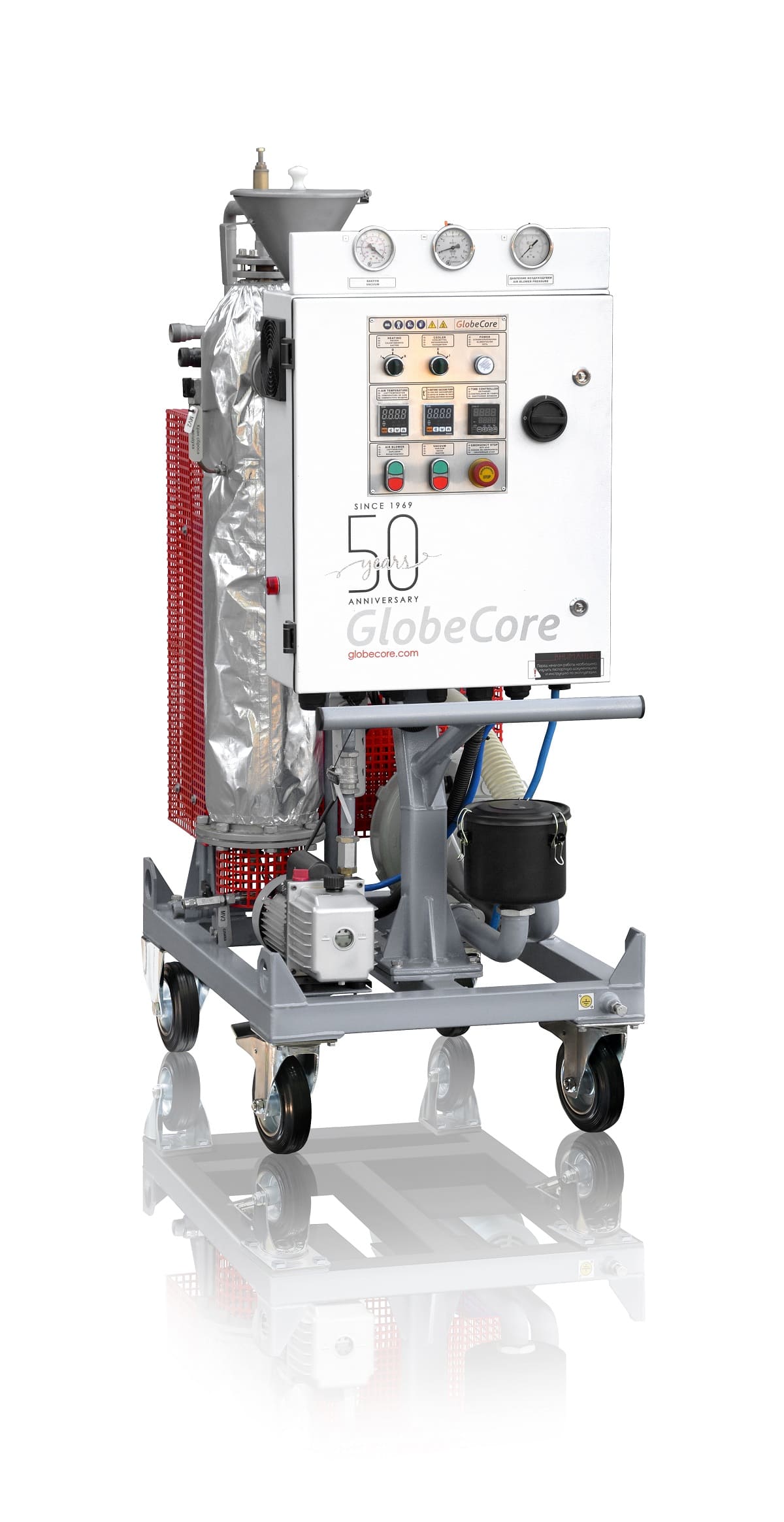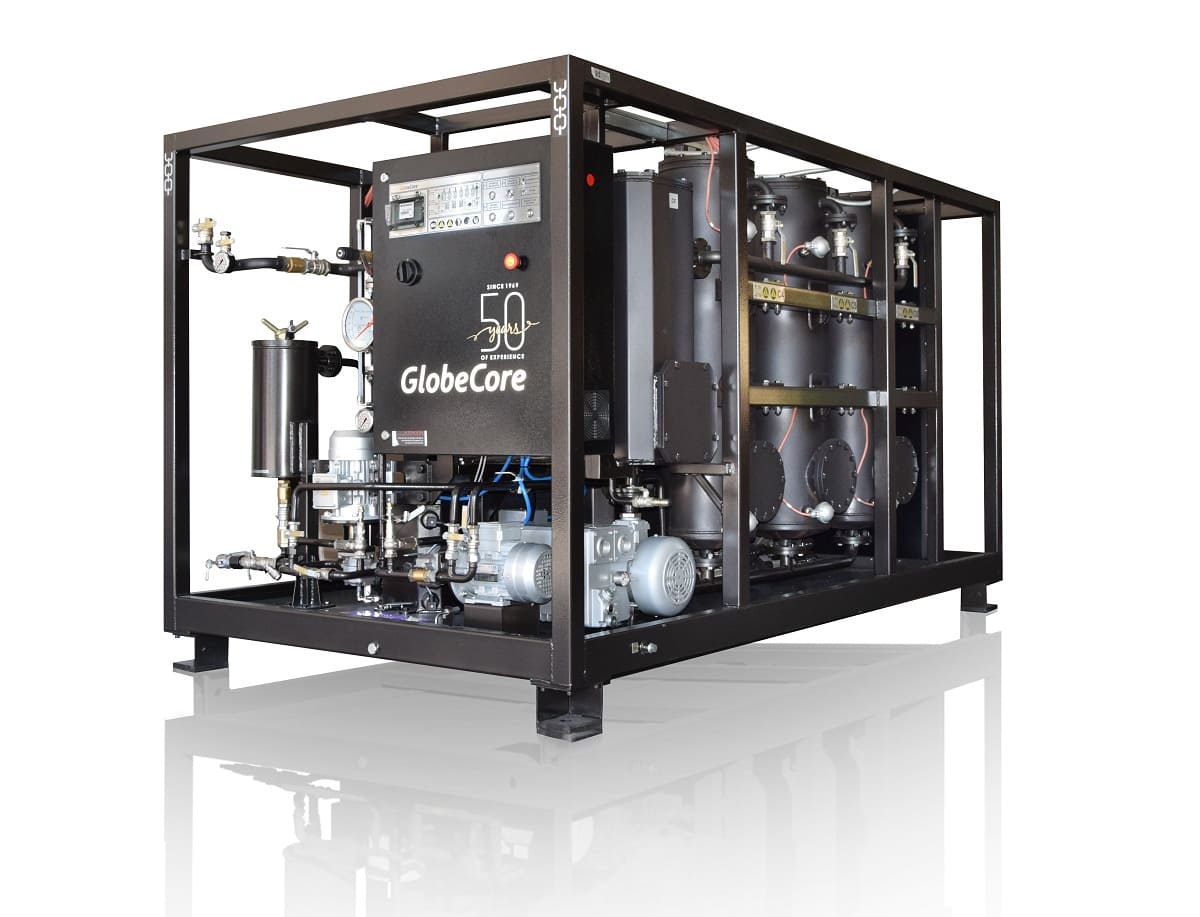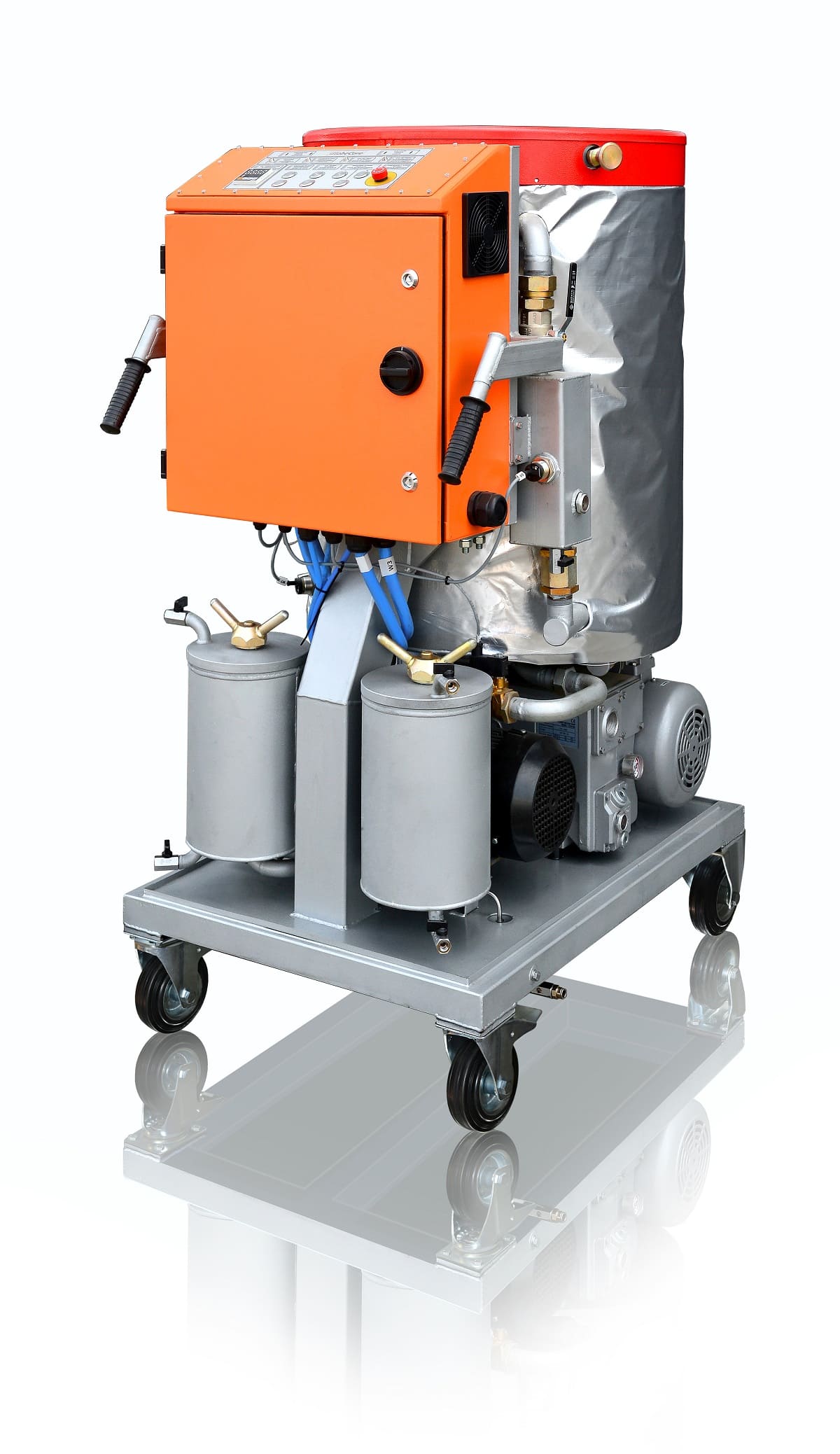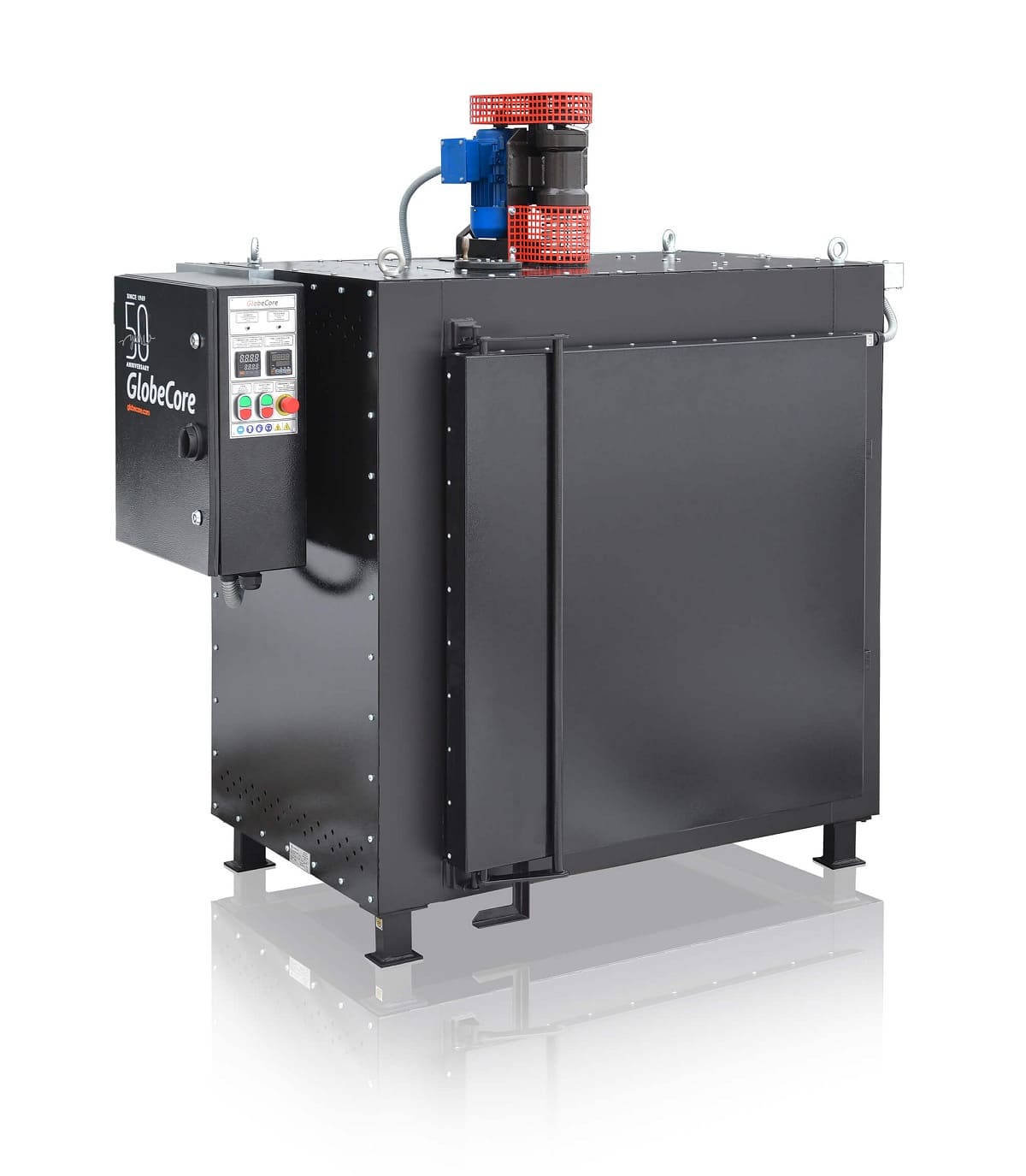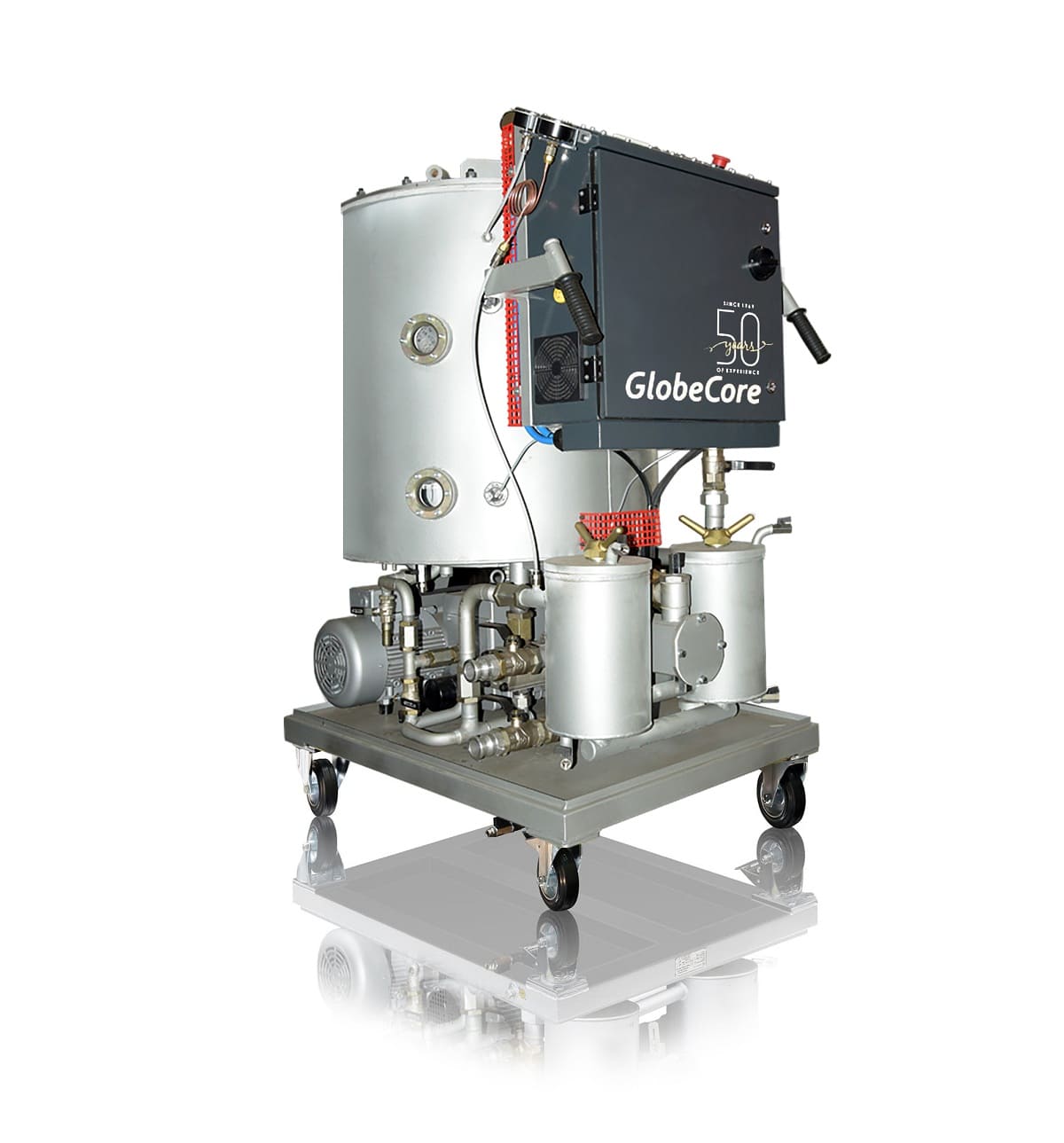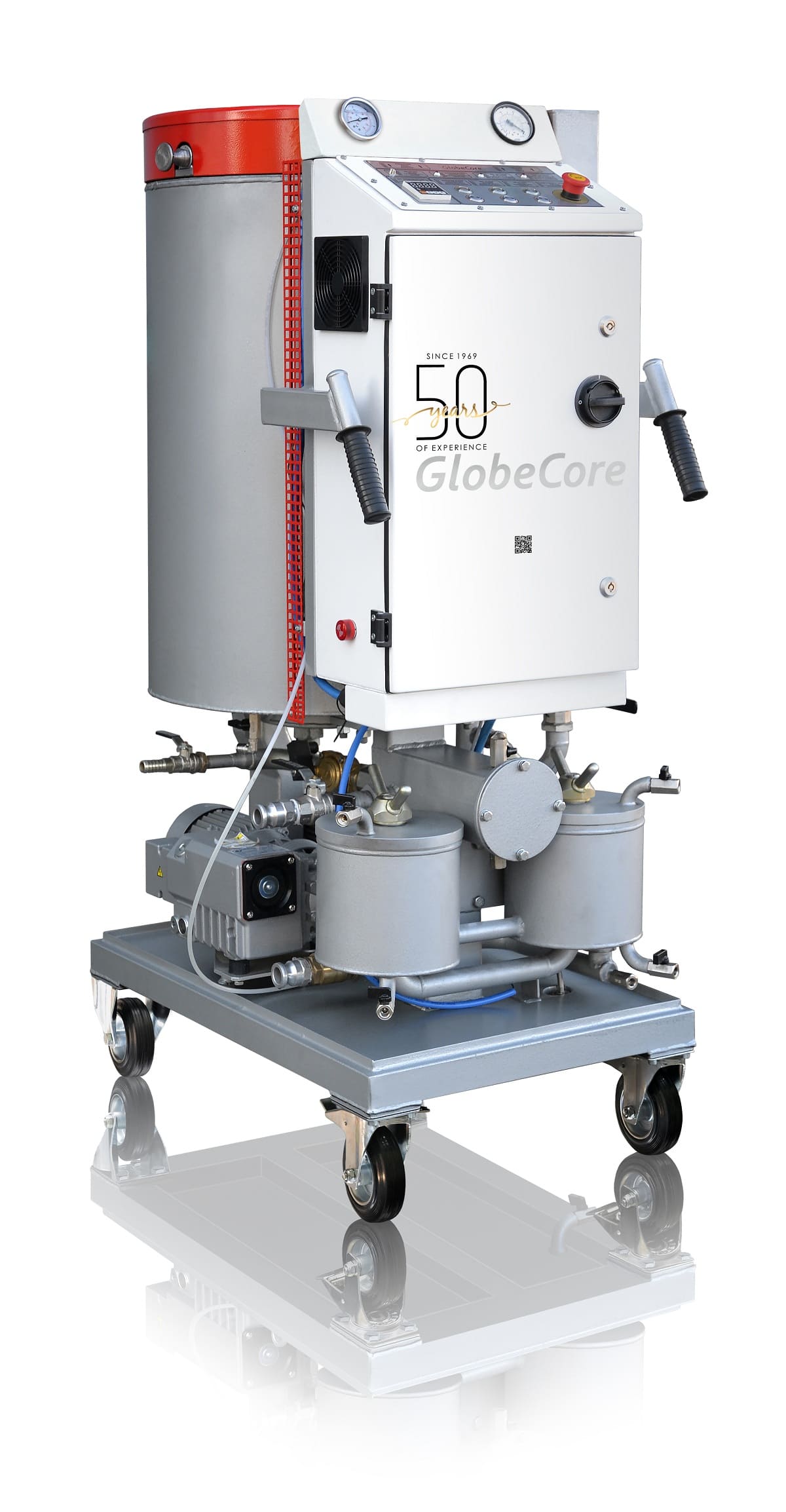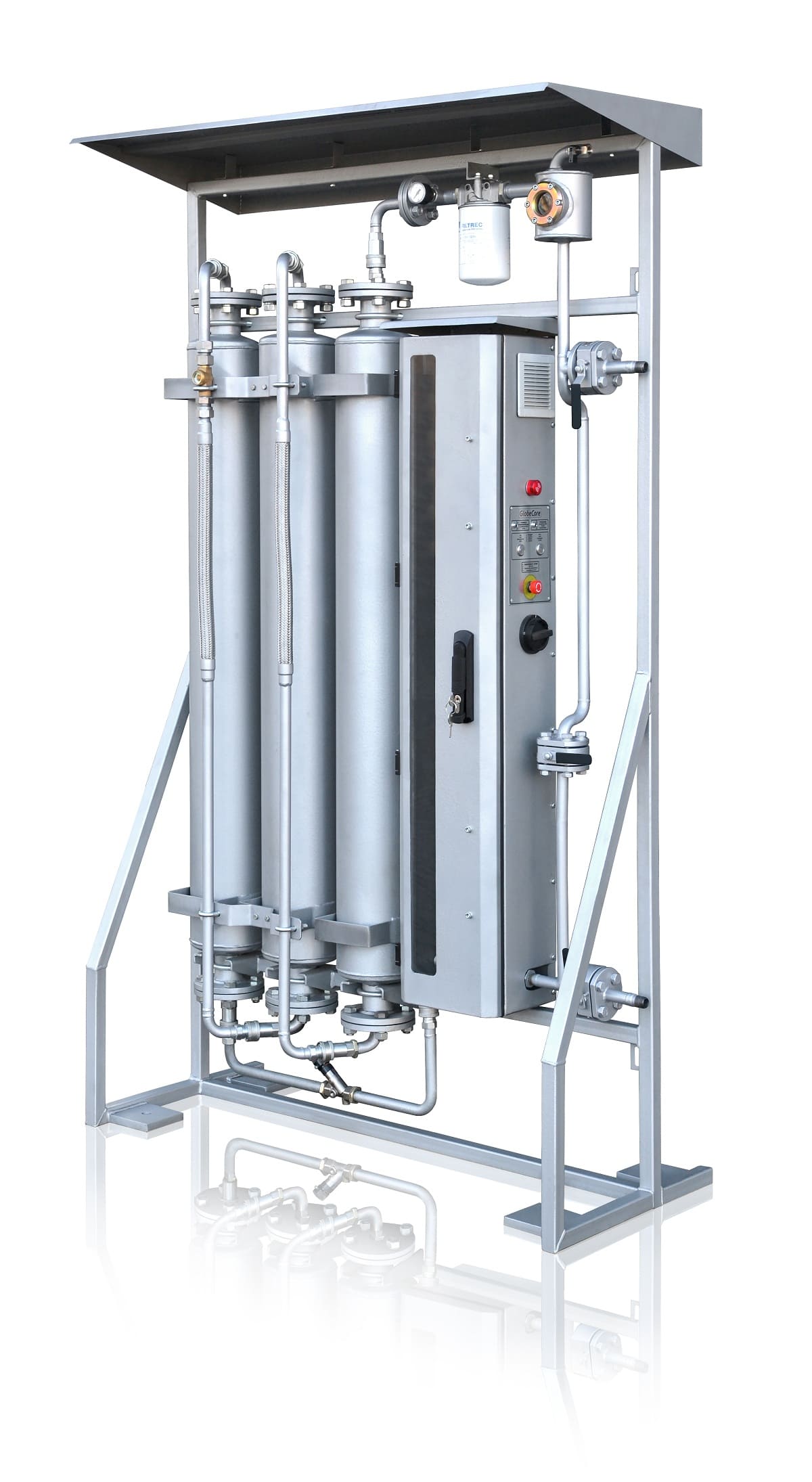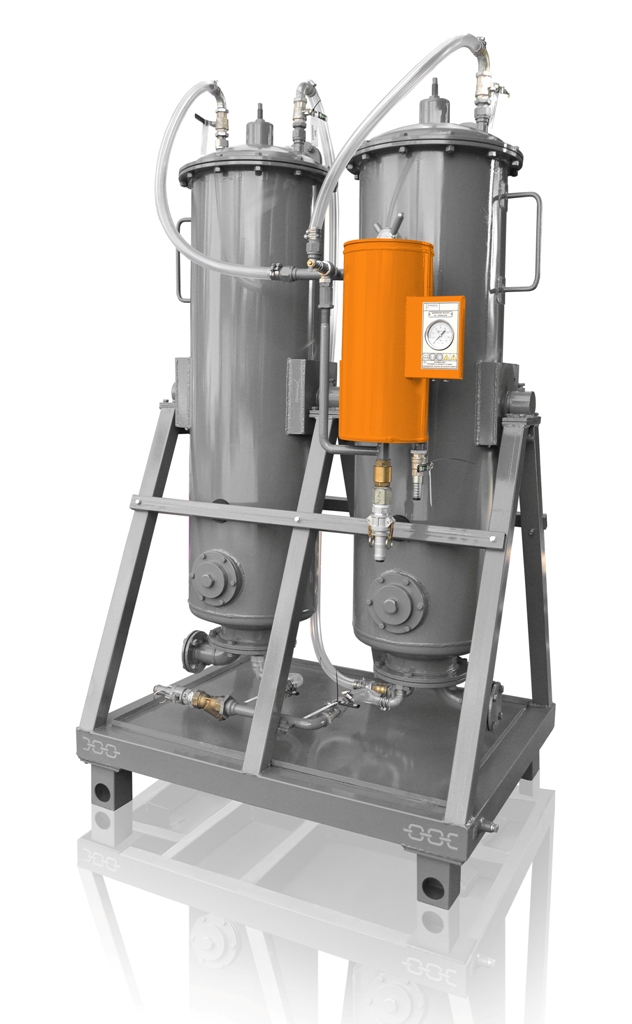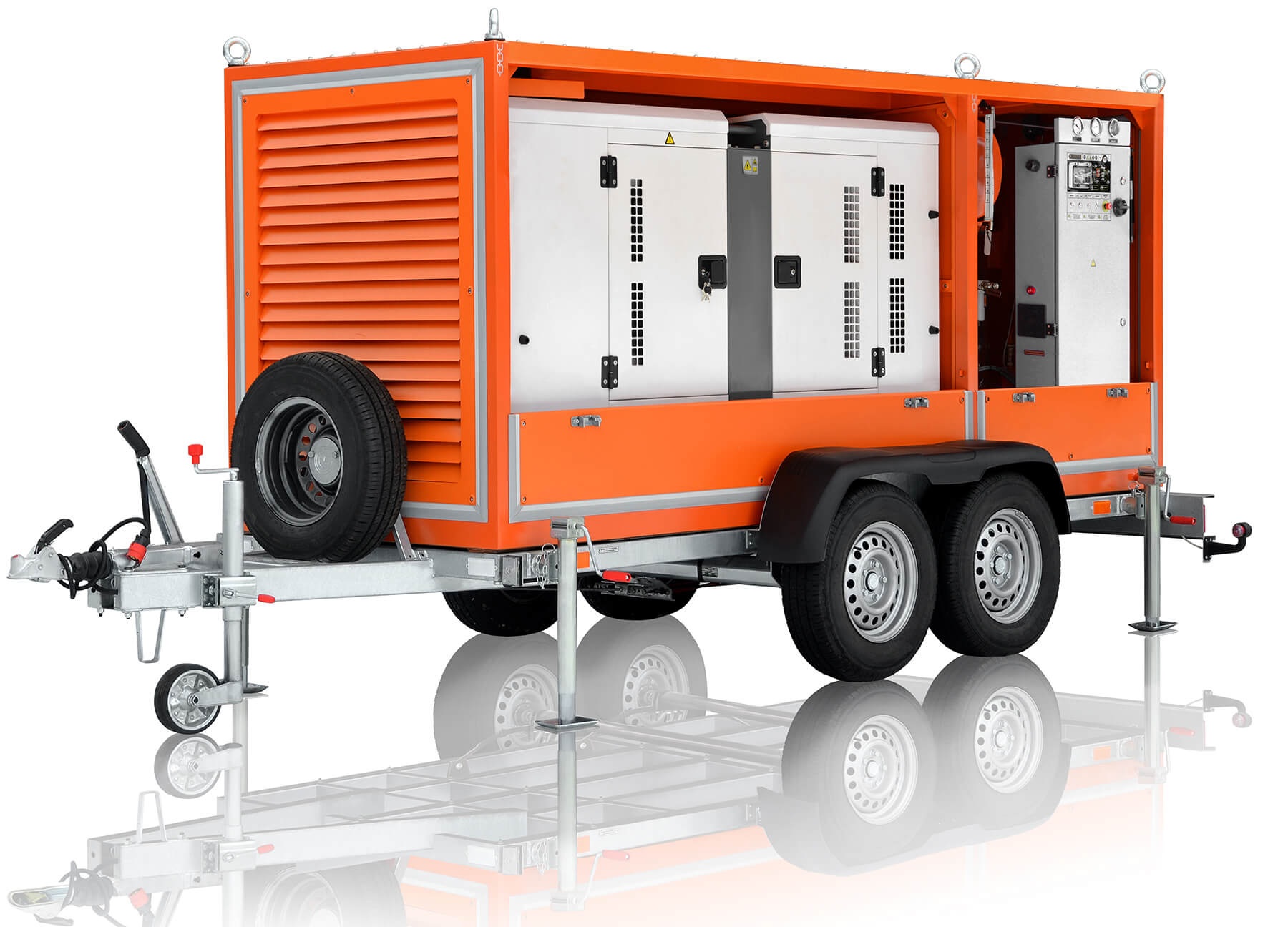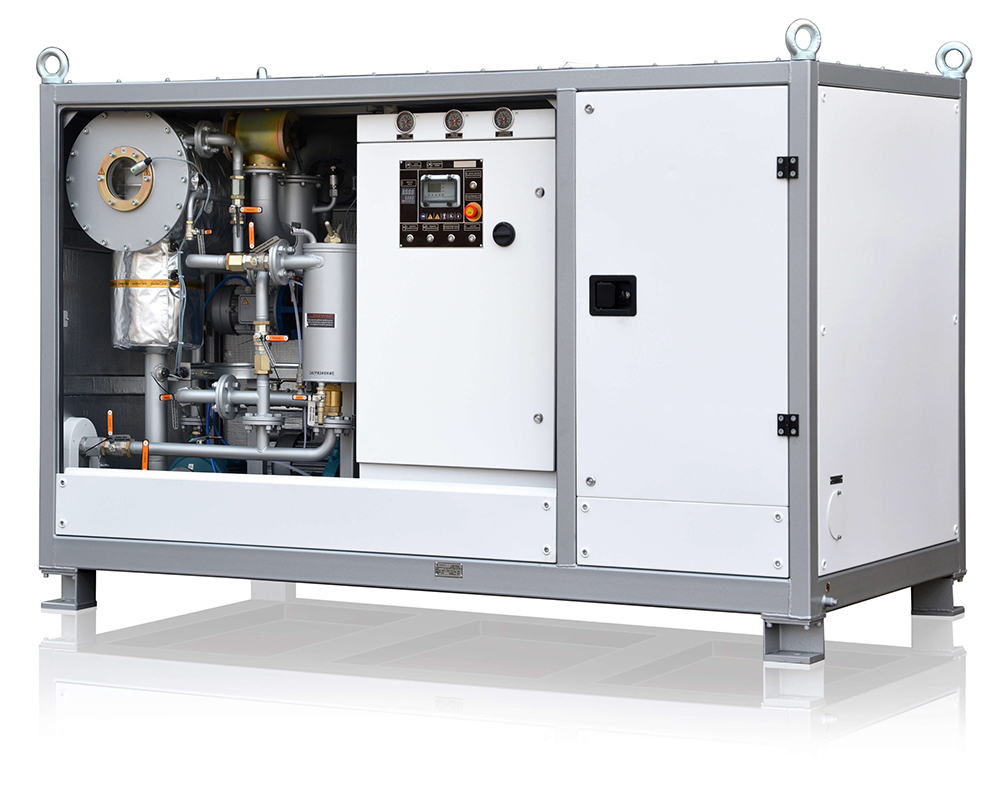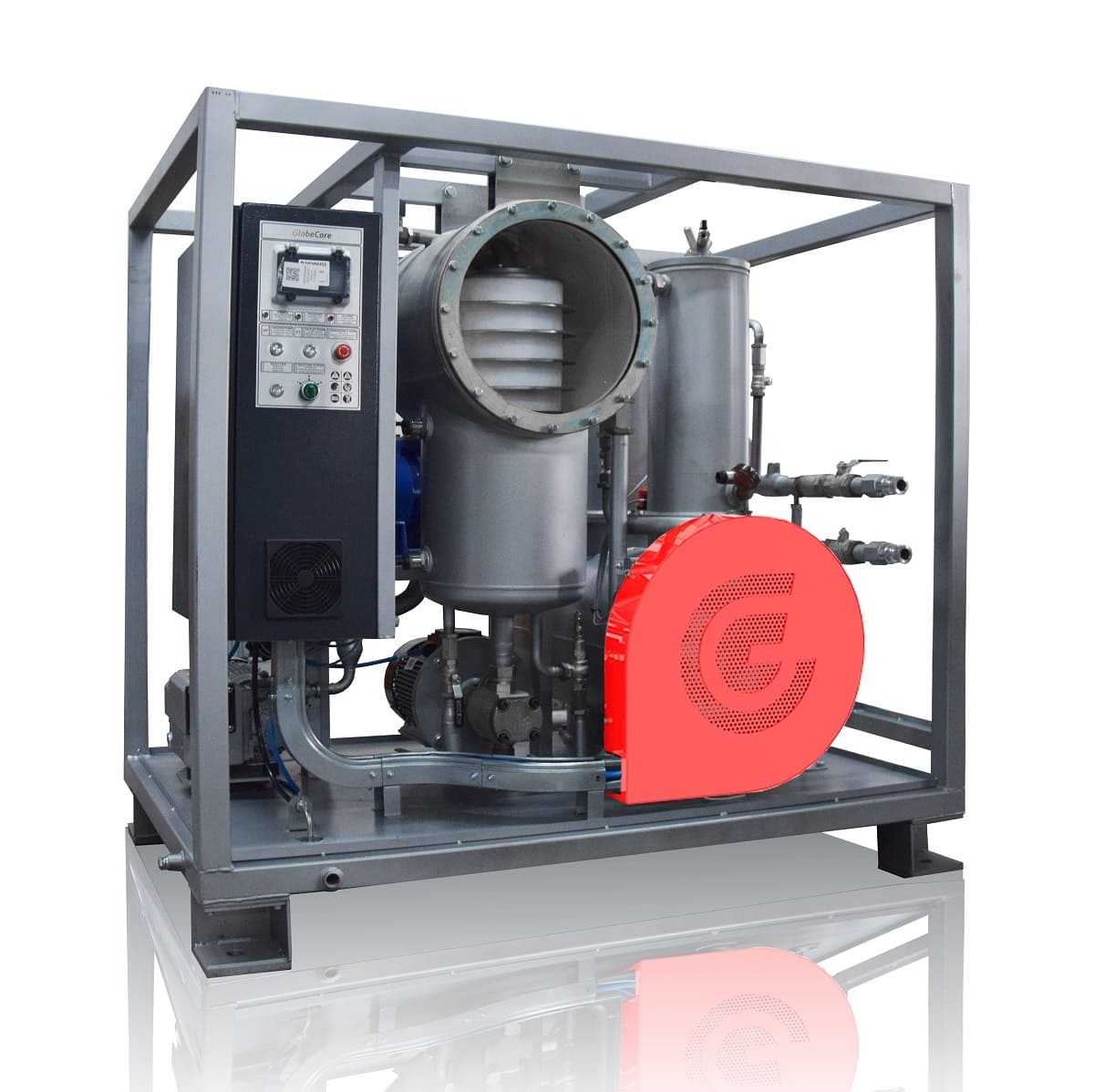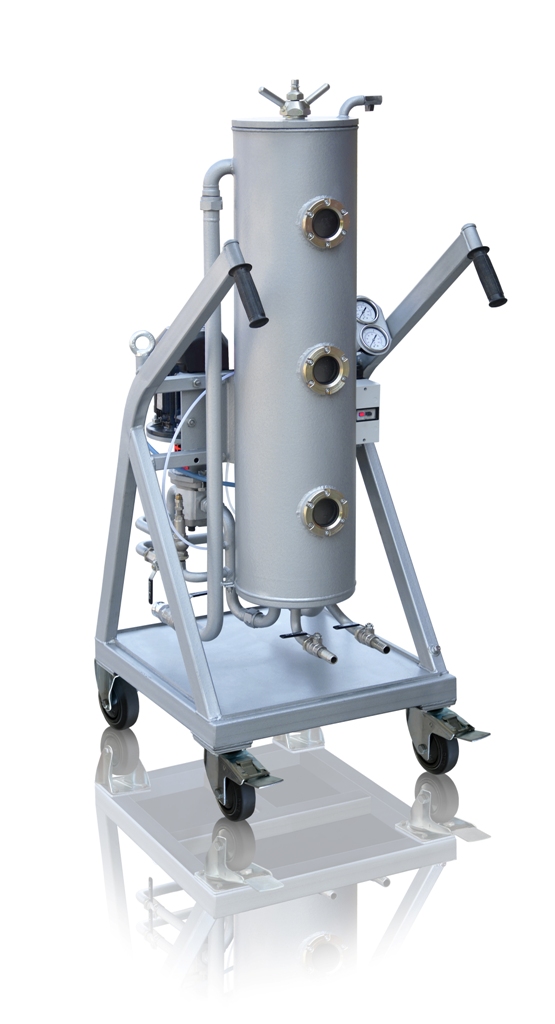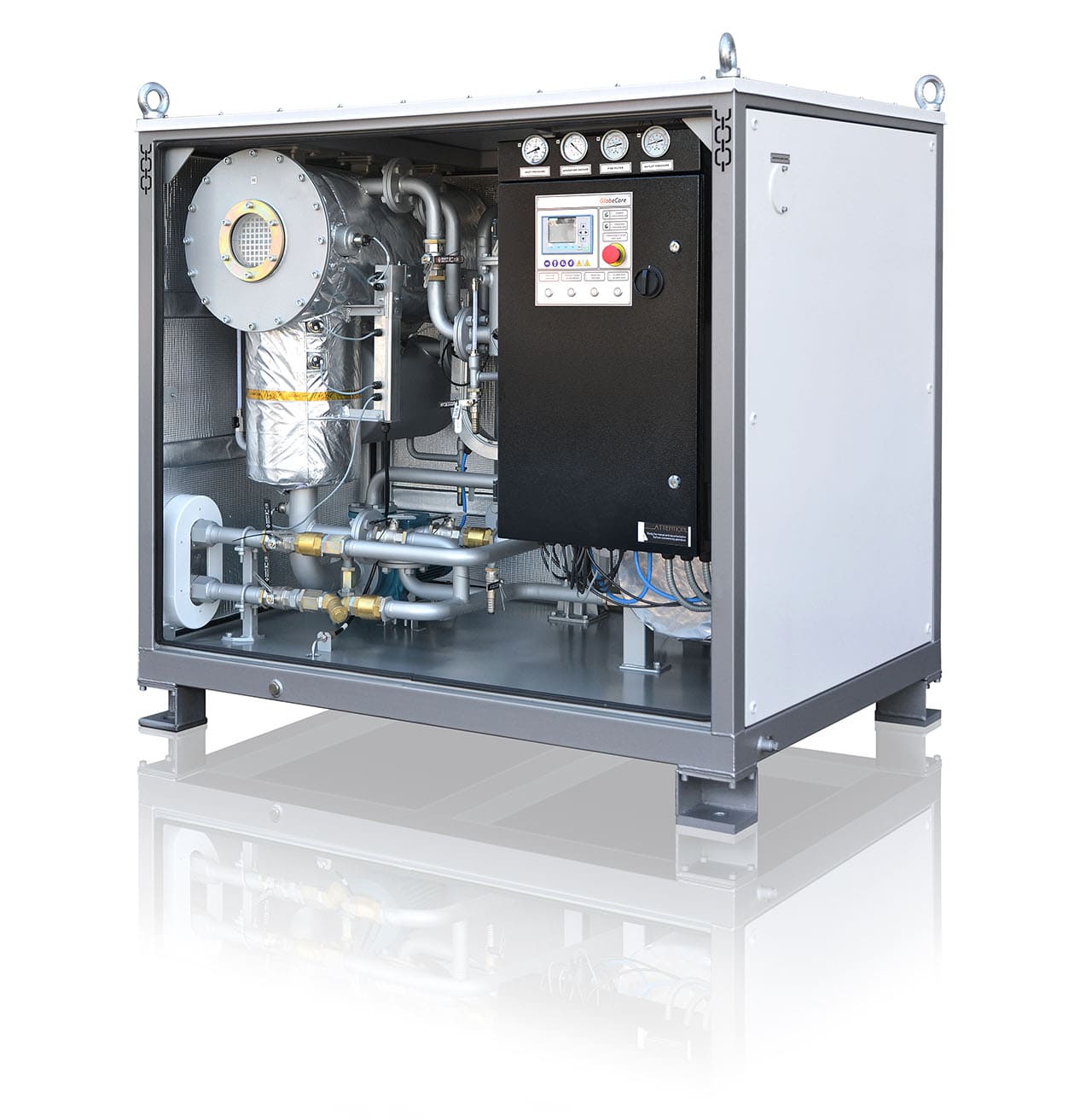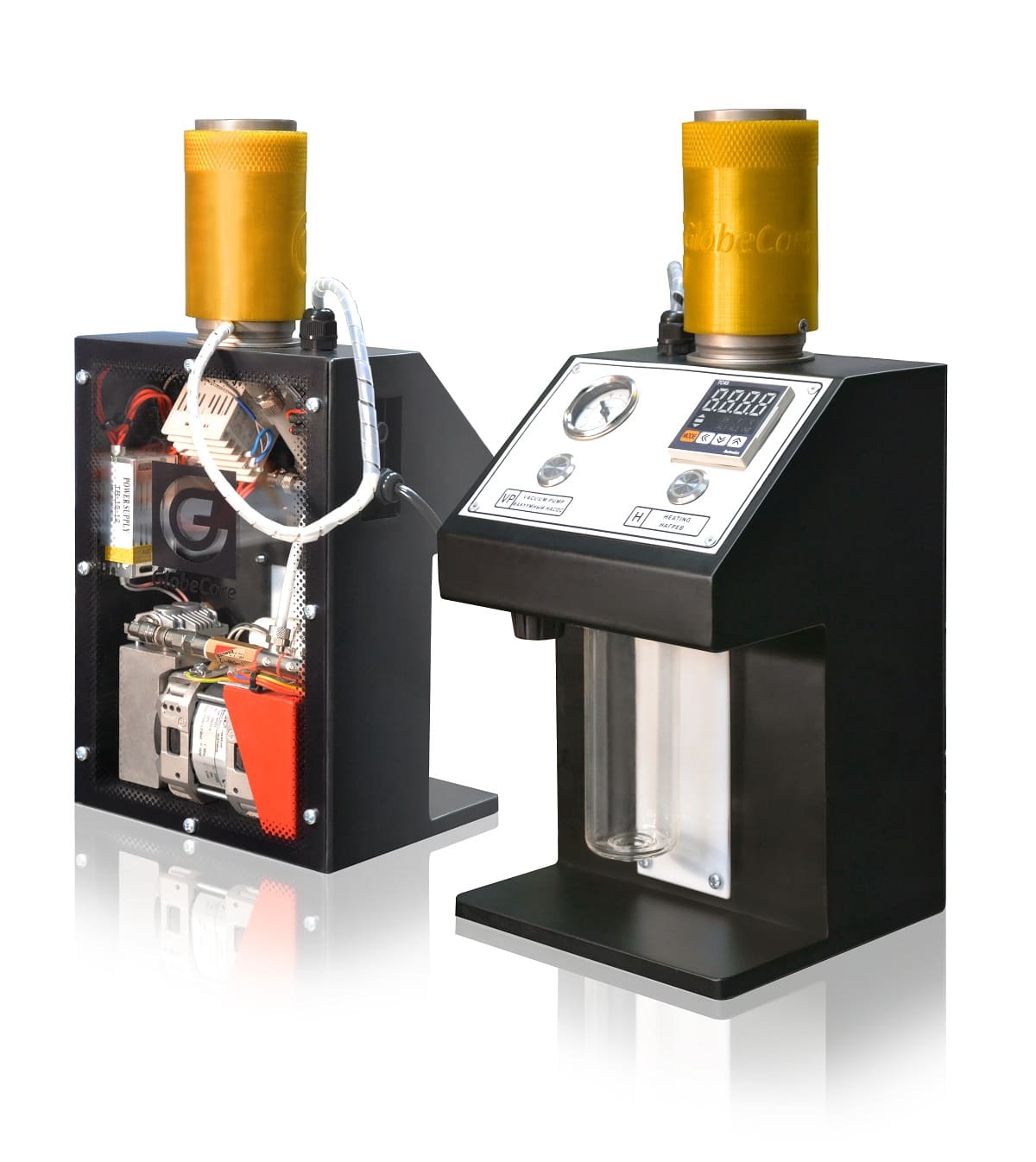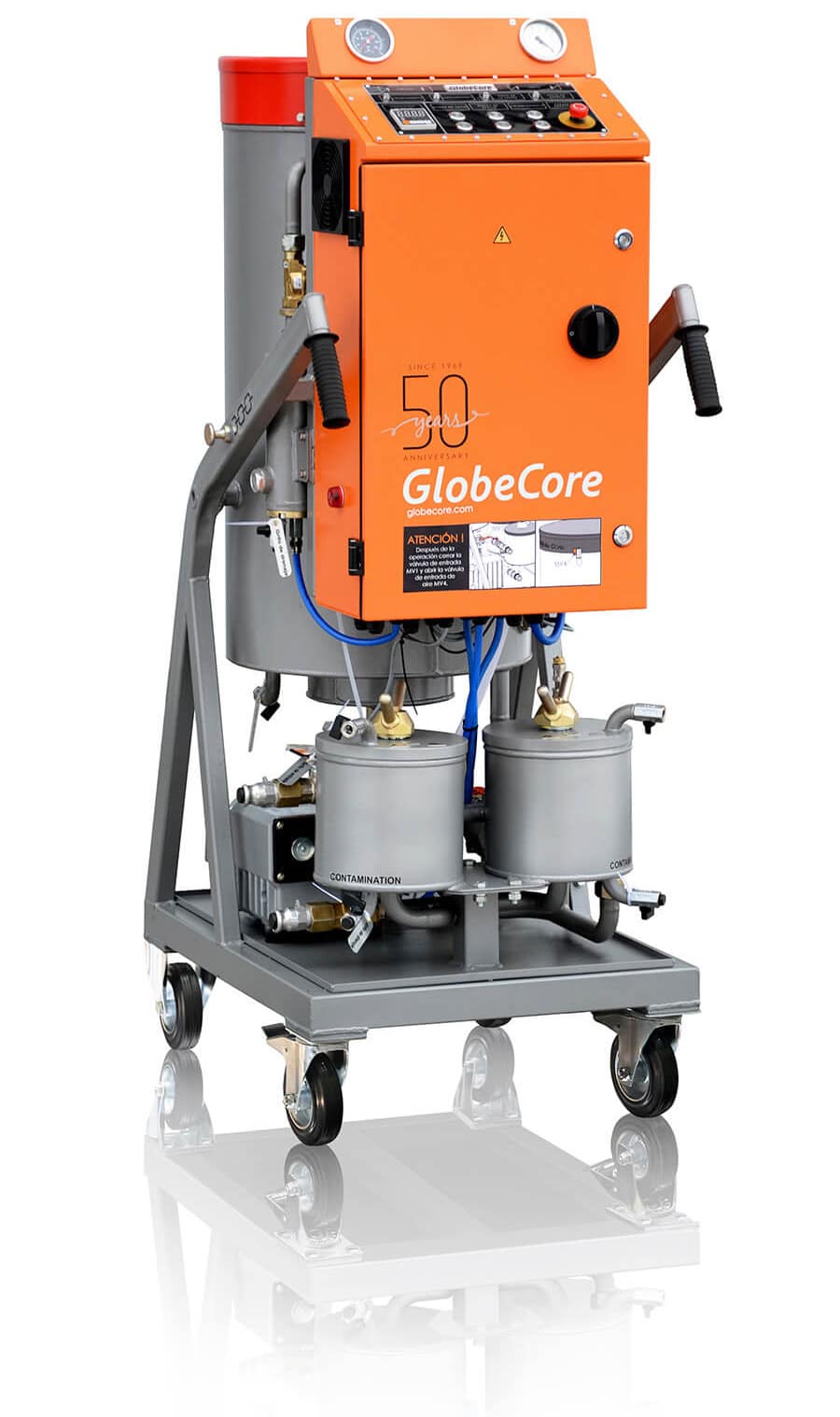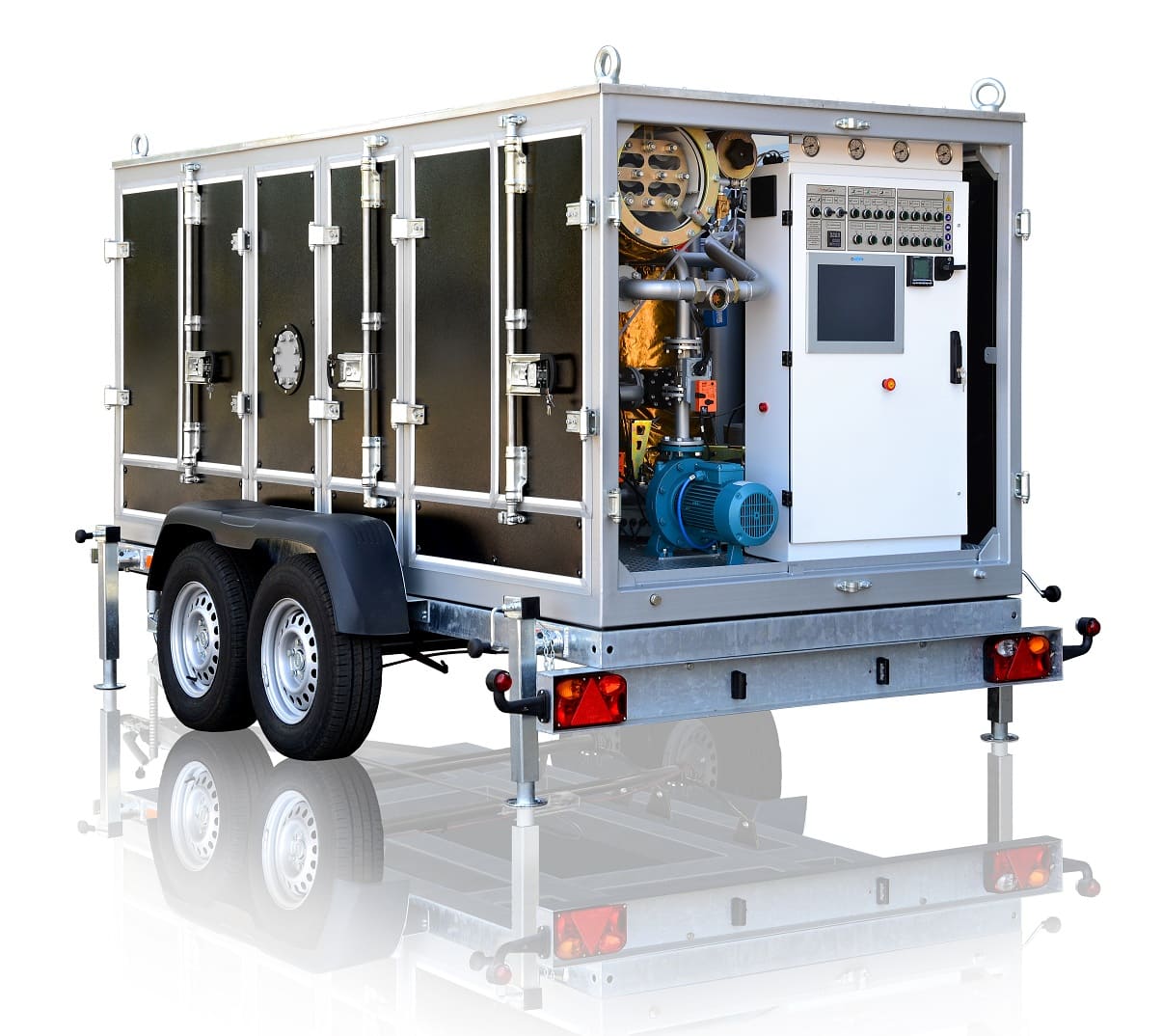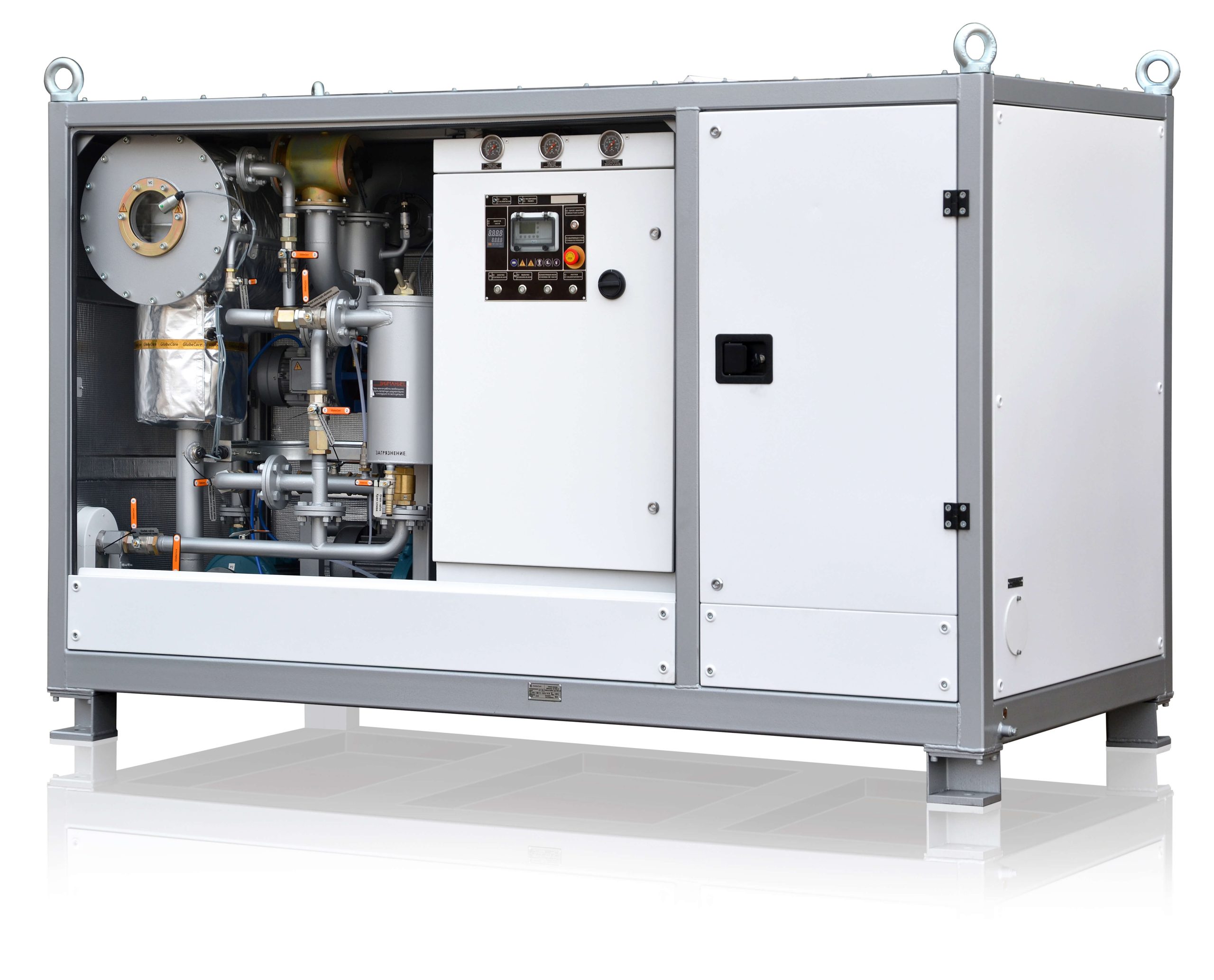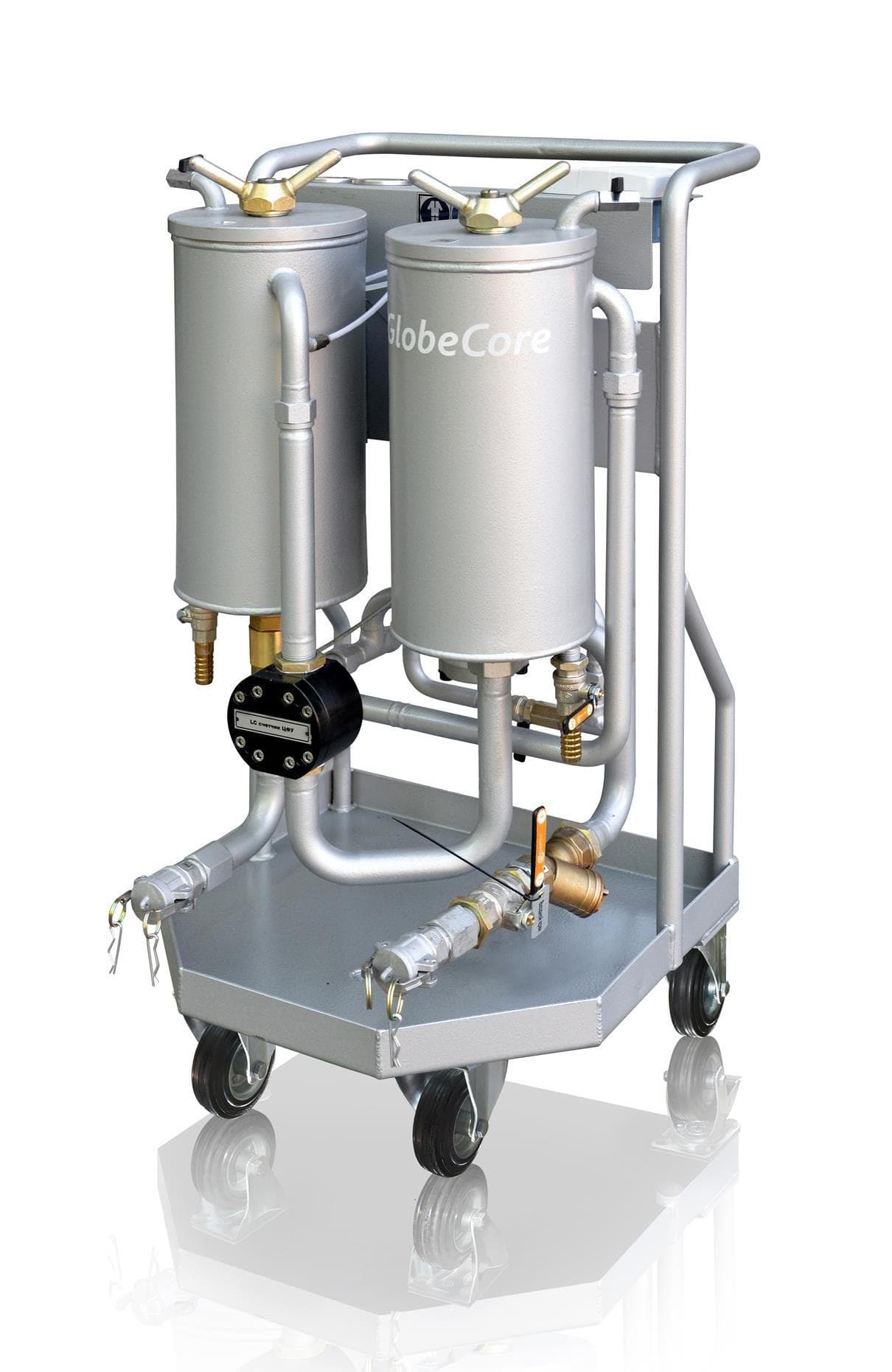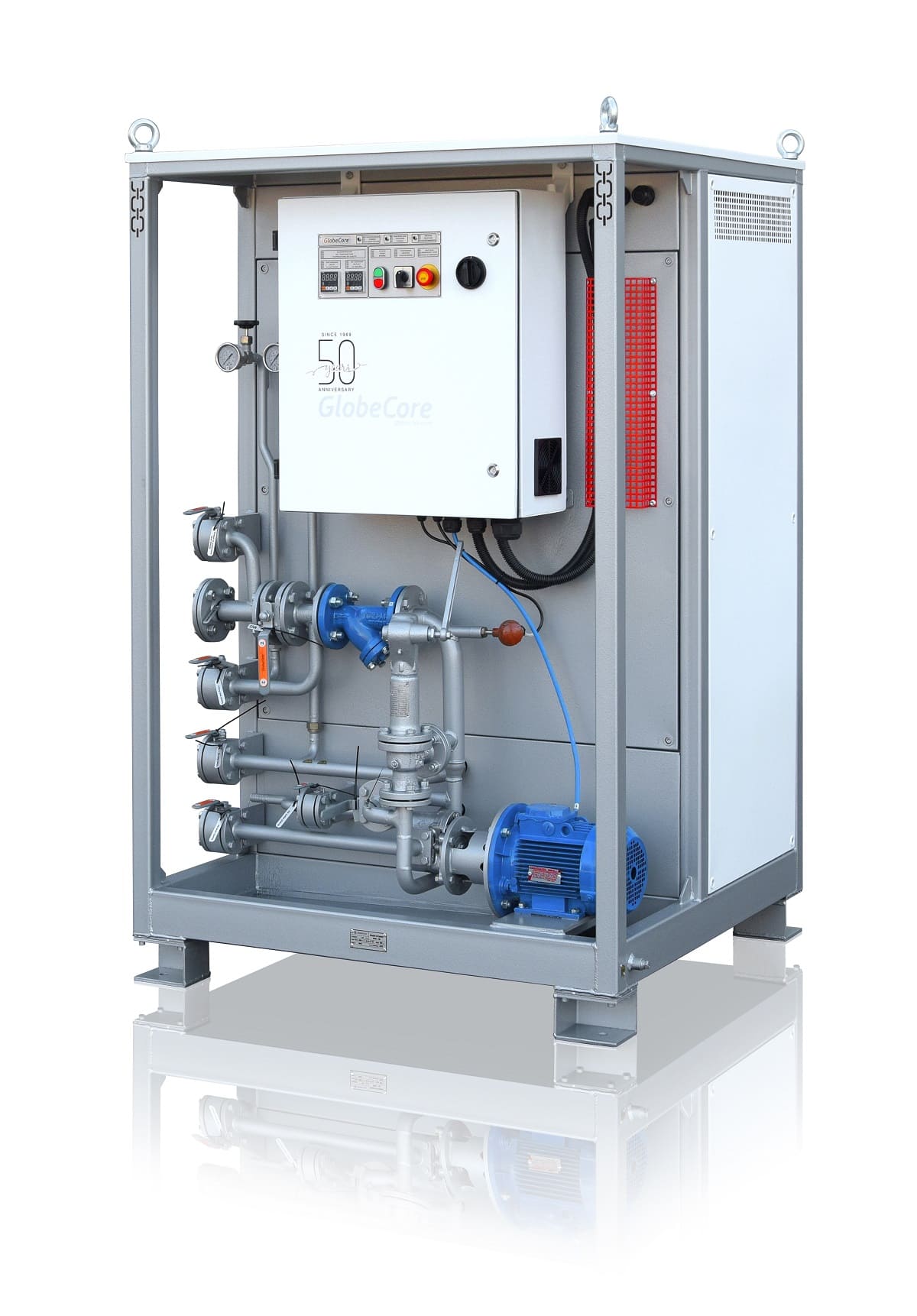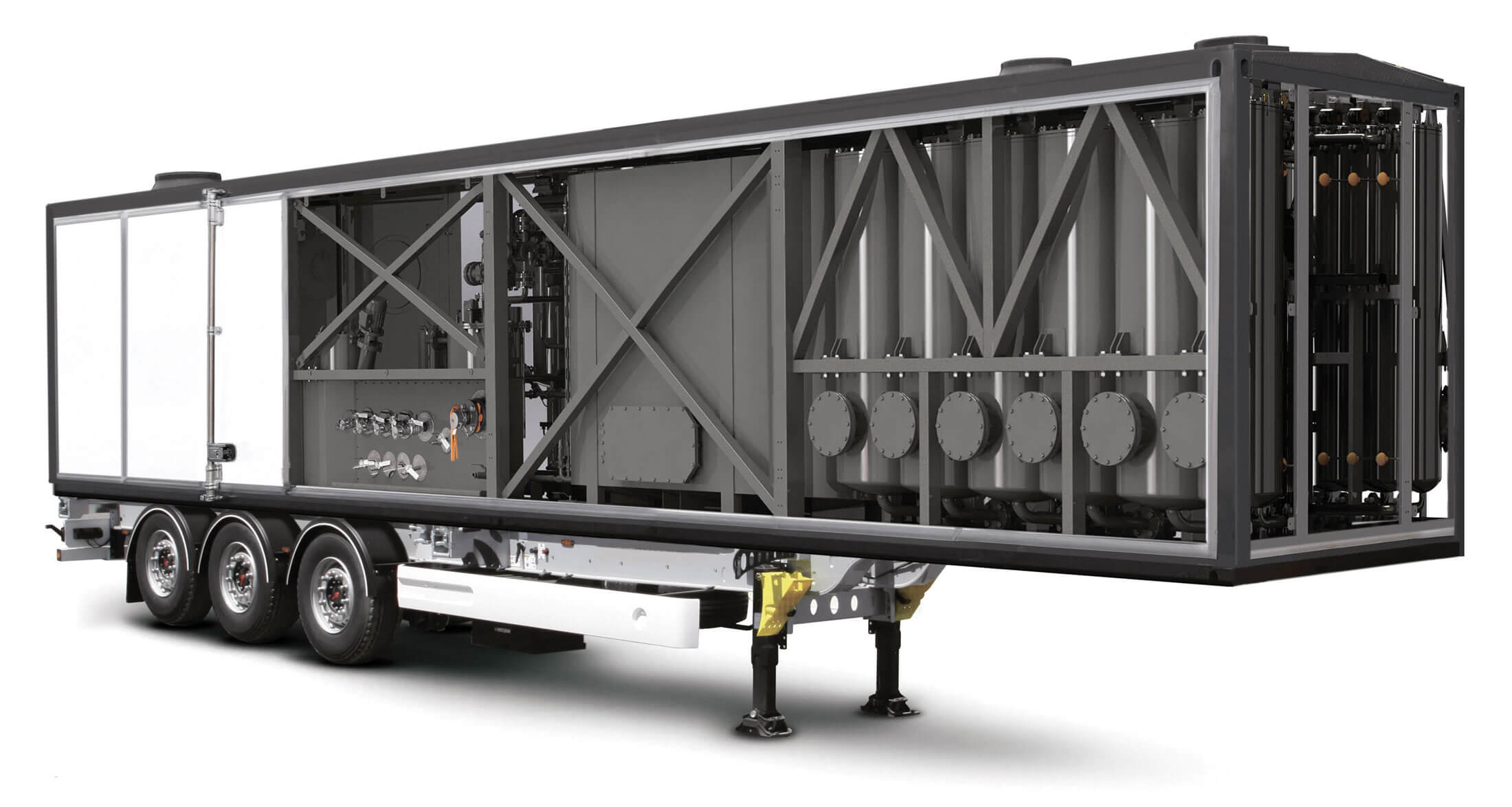Comparing gasoline and diesel fuel shows that some things that are good in one, are not desirable in the other. For instance, auto-ignition is one the most important parameters of diesel fuel, but is very undesirable in gasoline. This property is quantified by the cetane number. This parameter is defined to a degree by the composition of the diesel fuel (the concentration of paraffins, naphthenes, olefins and aromatic hydrocarbons).
Aromatic compounds are good for gasoline, since they impede ignition. Paraffins always ignite at lower temperatures. Therefore, paraffins are good for diesel fuel, unlike aromatics.
Similar to gasoline, there are several grades of diesel fuel. The cetane number of standard diesel fuel is 40-45, higher quality diesel may have a cetane number of 45-50.
Premium brands of fuel are lighter due to a higher concentration of volatile fractions. Such fuel is better for starting the engine in the cold season.
Virtually any light gasoil can be a component of diesel fuel, but some are preferable. Straight run light gasoils contain more paraffins and can help achieve cetane numbers of 50-55. Light cracking gasoils contain much olefins, aromatic hydrocarbons and naphthenes. The resulting cetane number lies in the range of 32-35.
Fleet owners often buy very large batches of diesel fuel to protect against the rising prices. Apparently, it is better to by more at a lower prices, than less at a higher one. This approach is quite practical. but there are certain pitfalls.
The longer the fuel is stored, the more is oxidized by the atmospheric oxygen. The product changes its color; its acidity and resin content increase. The longer the storage, the more oxidation. Original products of this oxidation coagulate and may precipitate. The sludge may contain not only resins, but also dust, water and metal corrosion products. Further use of such product in motor vehicles does not seem possible. Measures should be taken to clarify such fuel and restore its quality.
Several methods can be applied for oil clarification, based on physical or chemical processes alone, or a combination thereof. Using an array of various systems for the processing is costly, therefore, GlobeCore has developed and markets the CMM-6RL type units. This equipment can clarify, purify and remove aromatics form all types of oil. The unit does not have special placement requirements and can be used at any facility. The fuel does not oxidize and darken after processing through the CMM-6RL machine.
The CMM-6RL dark diesel fuel polishing machine clarifies diesel fuel, also removing sulfur and hydrogen sulfide. Processed fuel once again complies with the relevant standards.
The unit is universal in that it can be used to process any petrochemical, including mineral oils (beside motor oils) without the need to readjust it. The only thing that would change is the processing rate of the unit. It depends on the viscosity and the degree of contamination of the processed oil. Oil regeneration is slower, while fuel clarification and purification is a much faster process.


